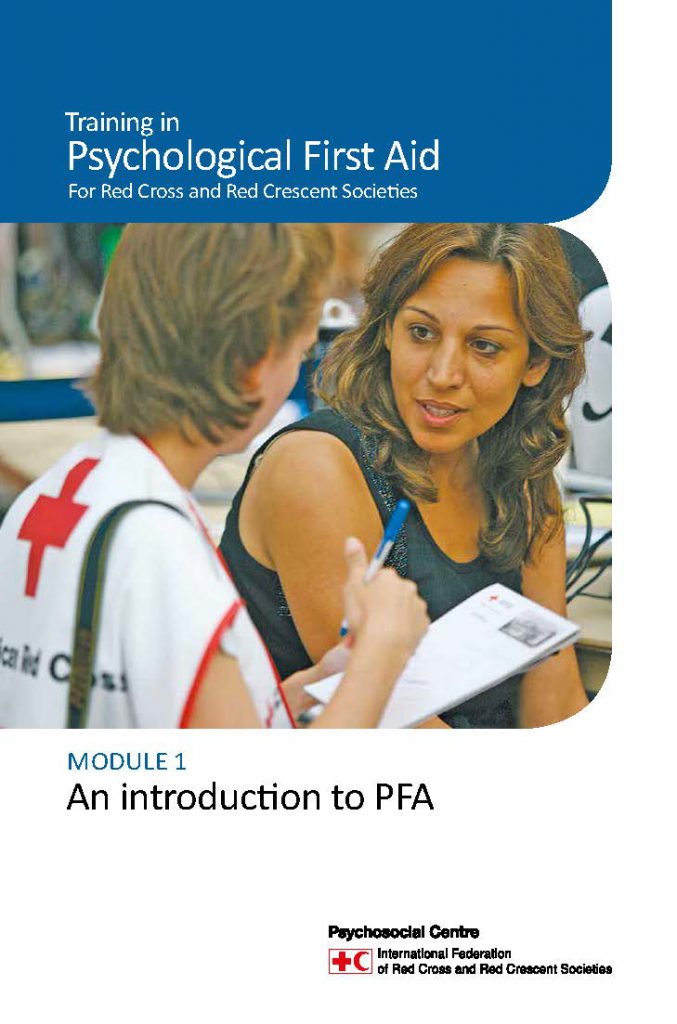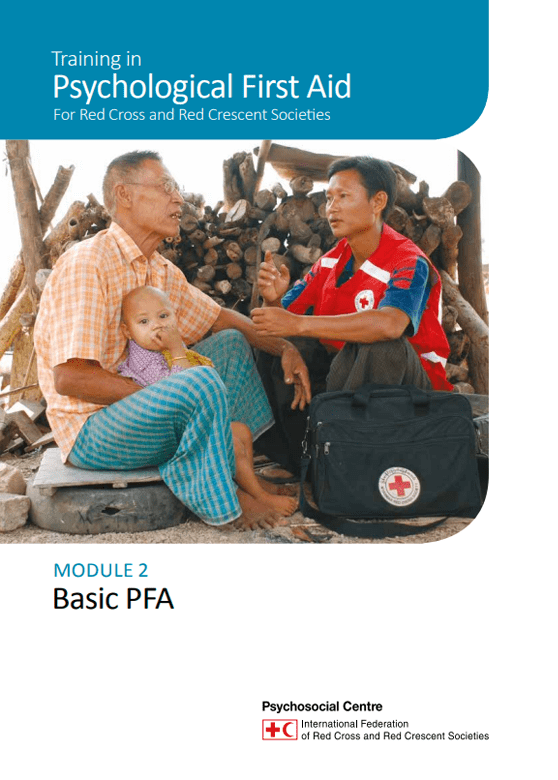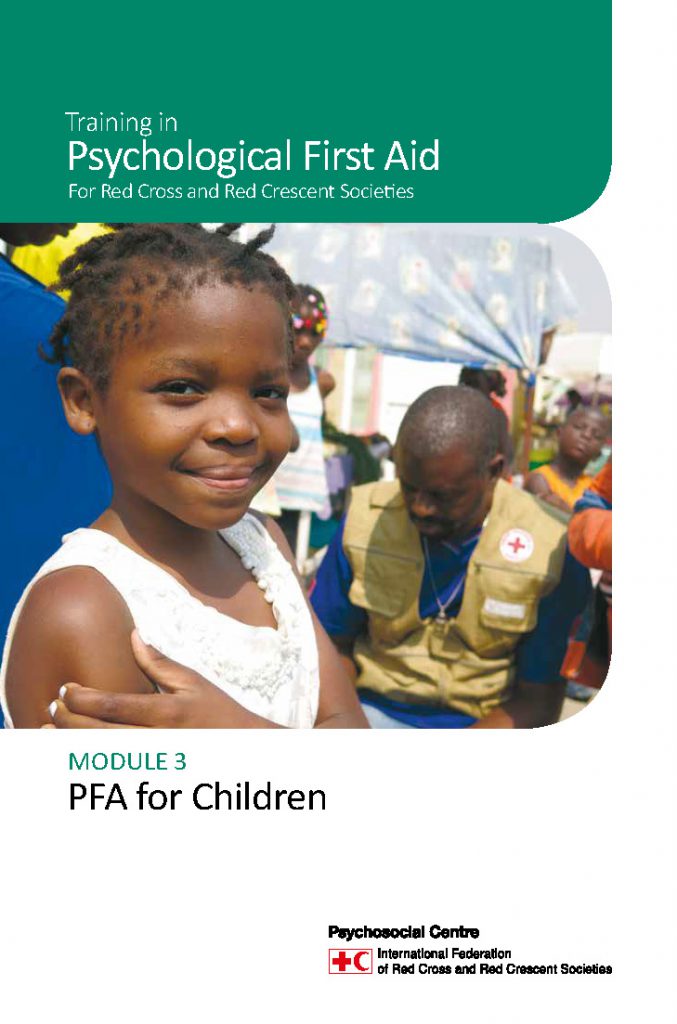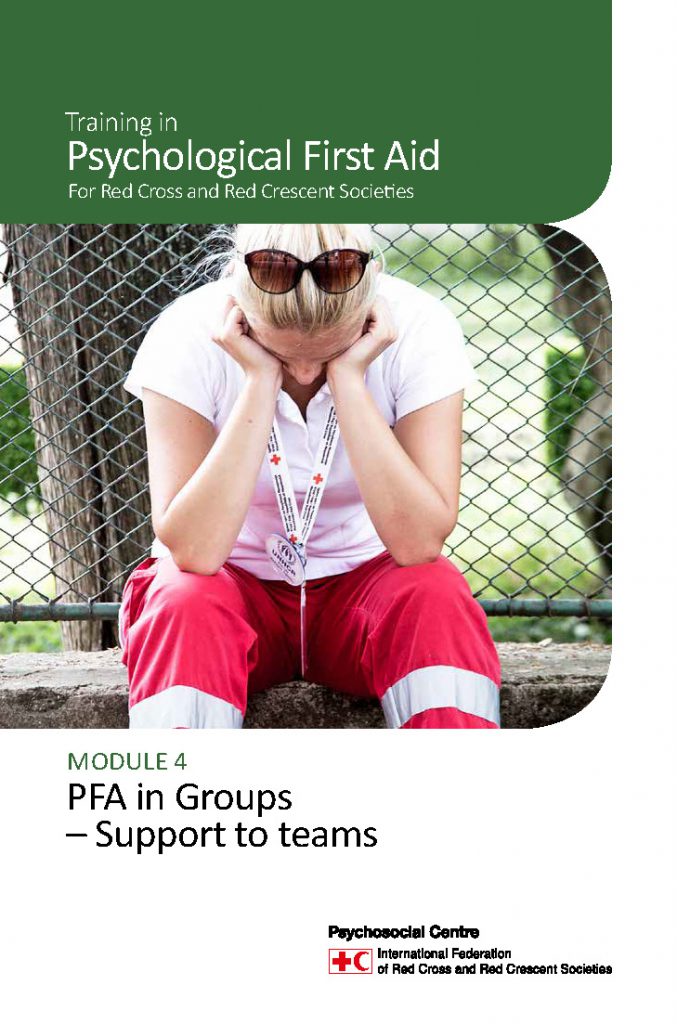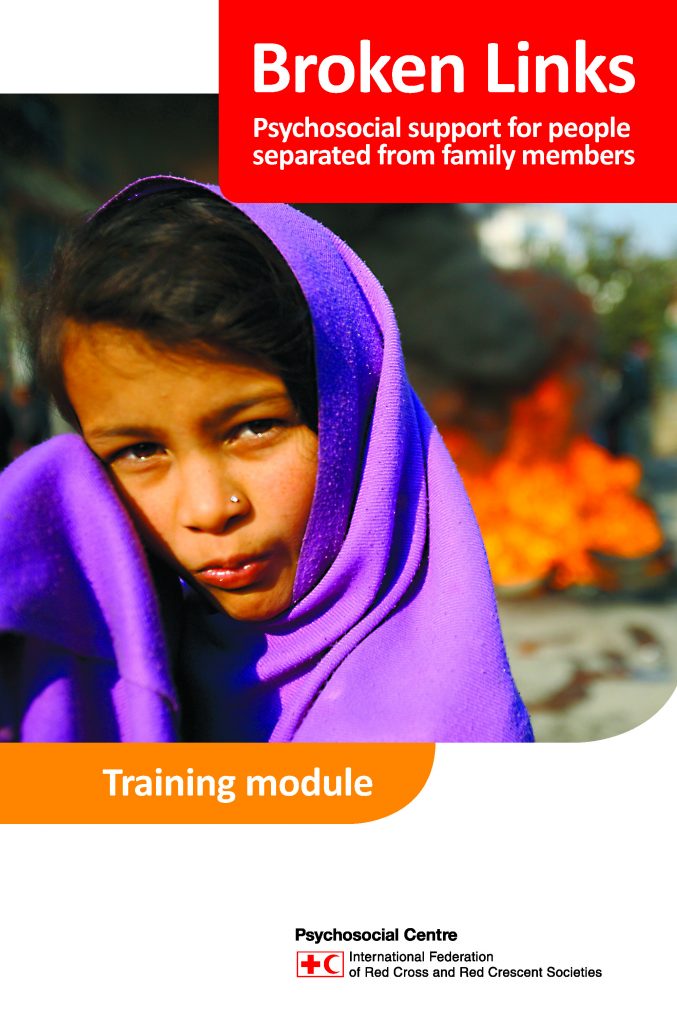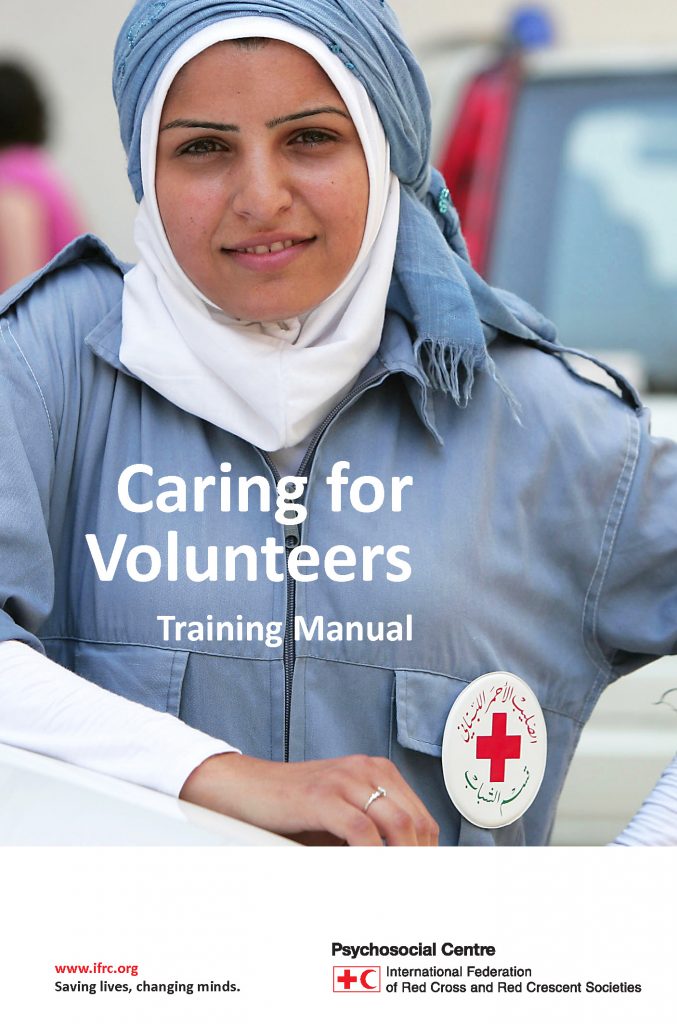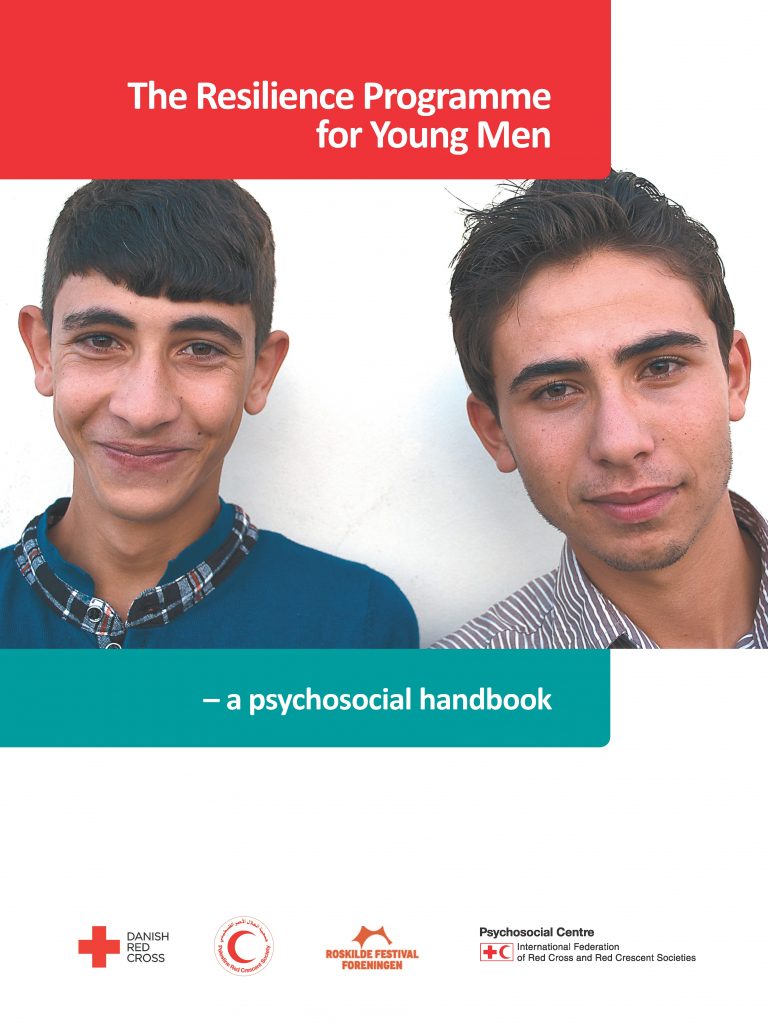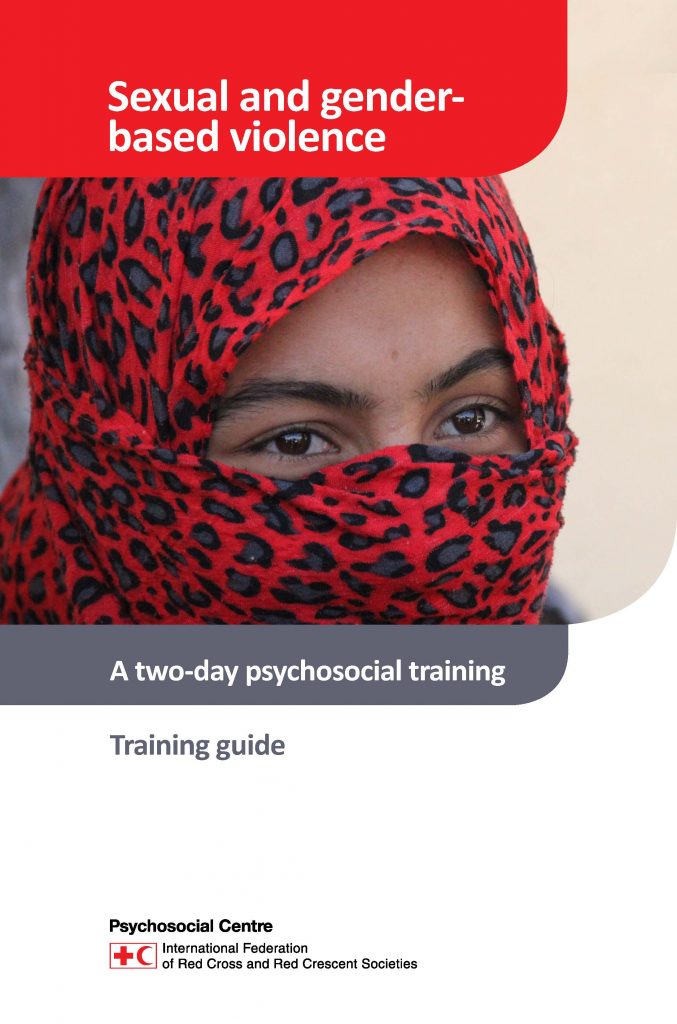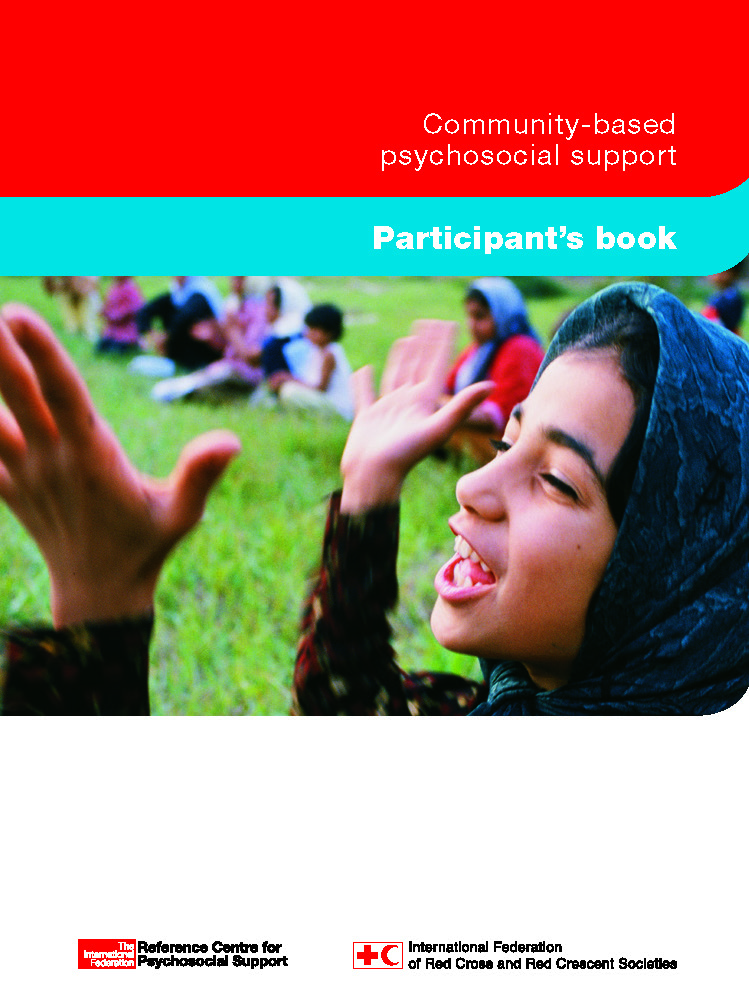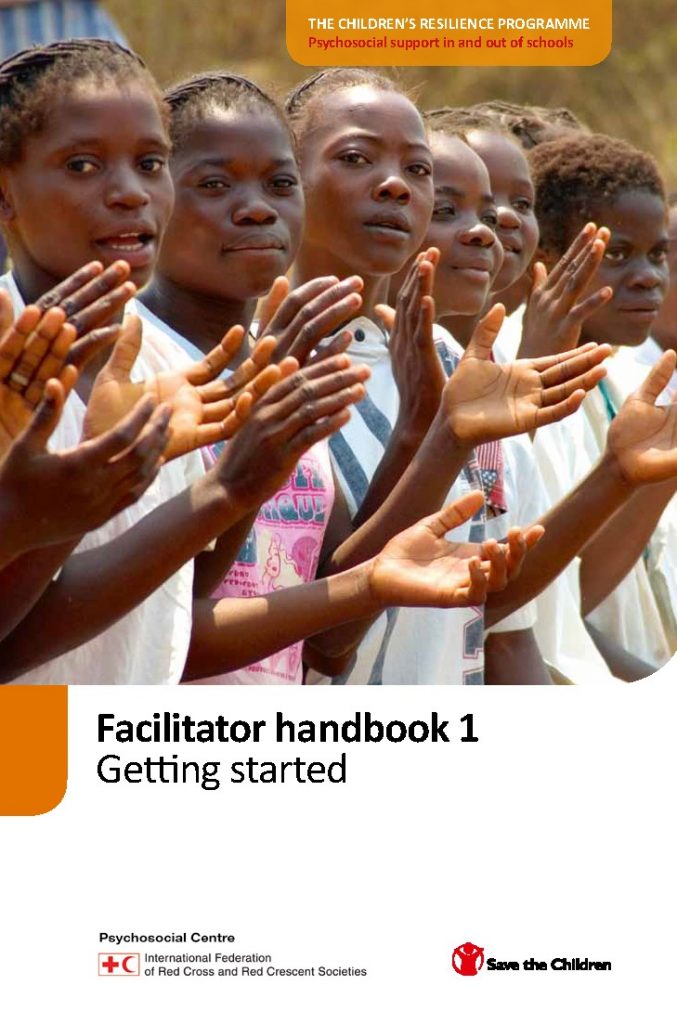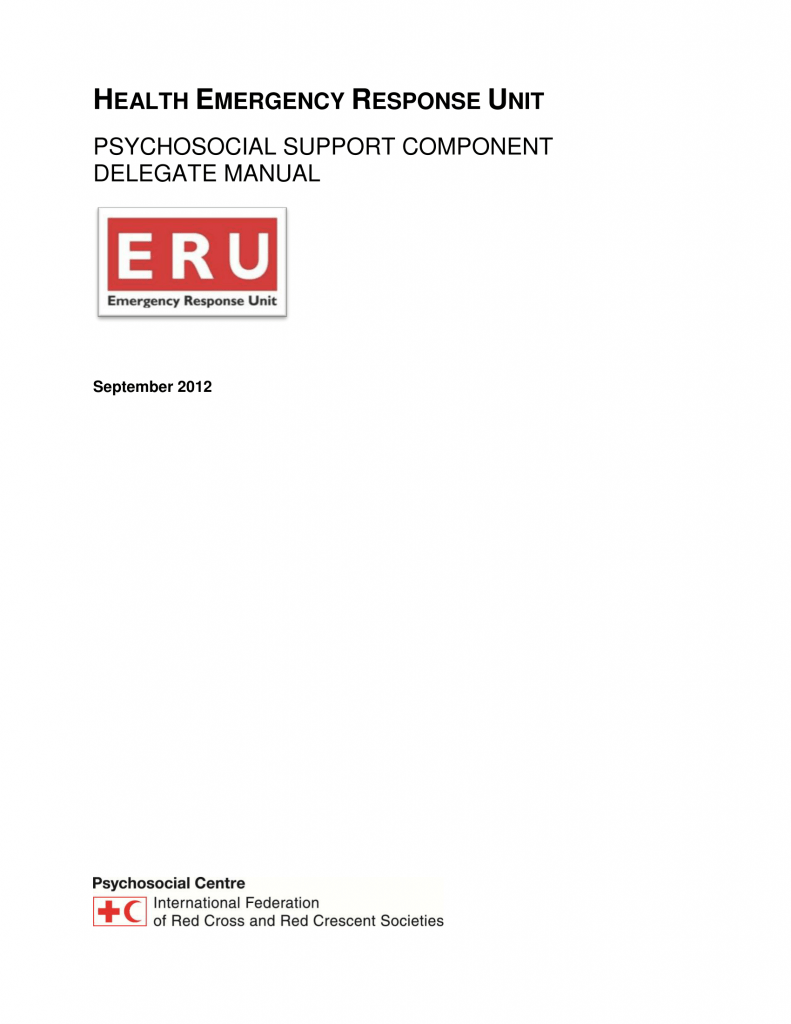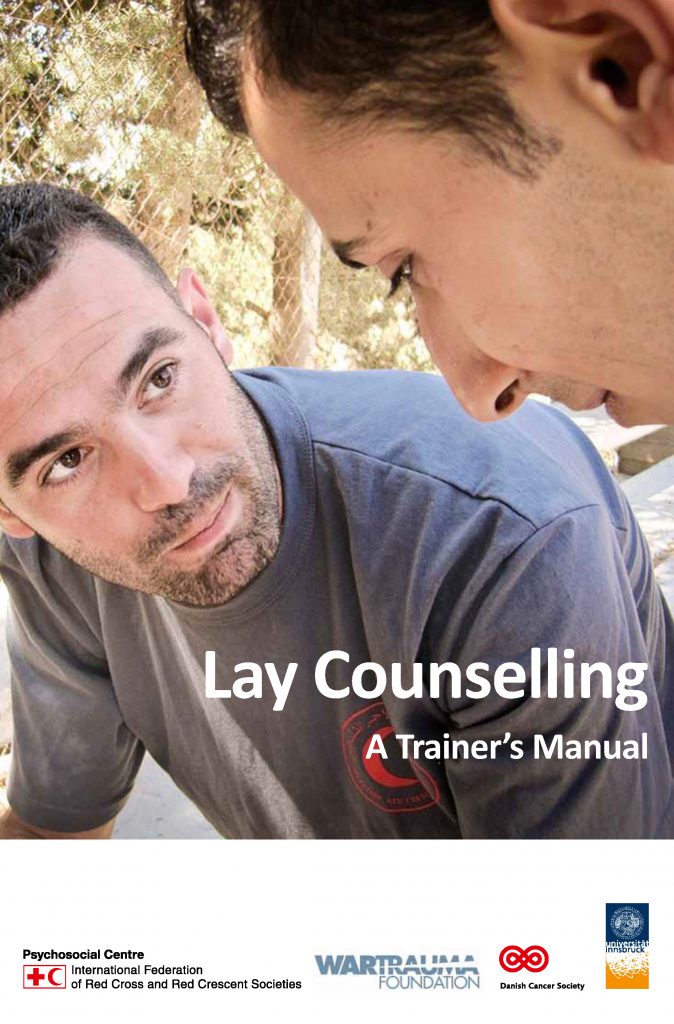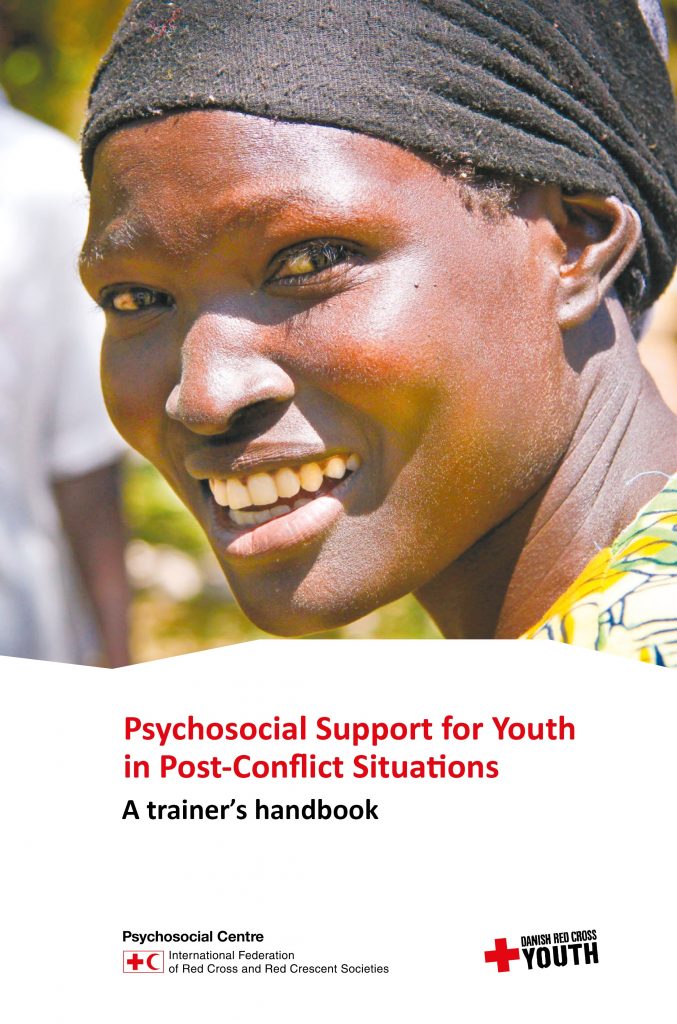Basic training
The Psychosocial support for youth in post-conflict situations – basic training aims to provide a basic introduction to psychosocial support and facilitation techniques. The basic training will enable participants to:
- become familiar with psychological and social reactions, needs and interventions, respecting relevant and appropriate cultural frameworks
- plan and implement a variety of interventions sensitive to local circumstances, and undertake psychosocial activities for vulnerable youth.
Target group: Participants may come from a variety of backgrounds, not necessarily a health, mental health or social welfare background. The person conducting basic training should have completed the Psychosocial support for youth in post-conflict situations – Training of trainers. The preferred maximum number of participants per training is 18.
Duration: The length of this training can vary depending on the needs of participants and the request for training. It should include modules one through five.
Resources:
Training of trainers
The training of trainers (ToT) in psychosocial support for youth in post-conflict situations provides participants with an understanding of basic concepts, terminology and skills required to train other people (usually volunteers who work in the field) in psychosocial support. The ToT also empowers participants to deal with sensitive issues and provide reassurance, as well as emotional support. The trainer of a ToT workshop should preferably have a background in health, mental health, social welfare, education or conflict studies, or have a good understanding of social work, psychology and youth in post-conflict situations. Additionally, good communication skills and knowledge of facilitating trainings for adults are essential.
The ToT workshop in psychosocial support for youth in post-conflict situations will enable participants to:
- facilitate trainings for other volunteers
- understand psychological and social reactions, needs and interventions, respecting relevant and appropriate cultural frameworks
- plan a variety of interventions that are sensitive to local circumstances
- plan a training workshop and adapt materials to the local context.
Target group: The ideal number of participants for a ToT workshop is between 12 and 18. National Societies are advised to recruit participants who have an opportunity to train others in the community, in order for the training to achieve the maximum effect.
Duration: The ToT can be structured in different ways, based on the needs of the National Society. However, we recommend that a ToT be completed in no less than five days and include modules one through six.
Resources:

